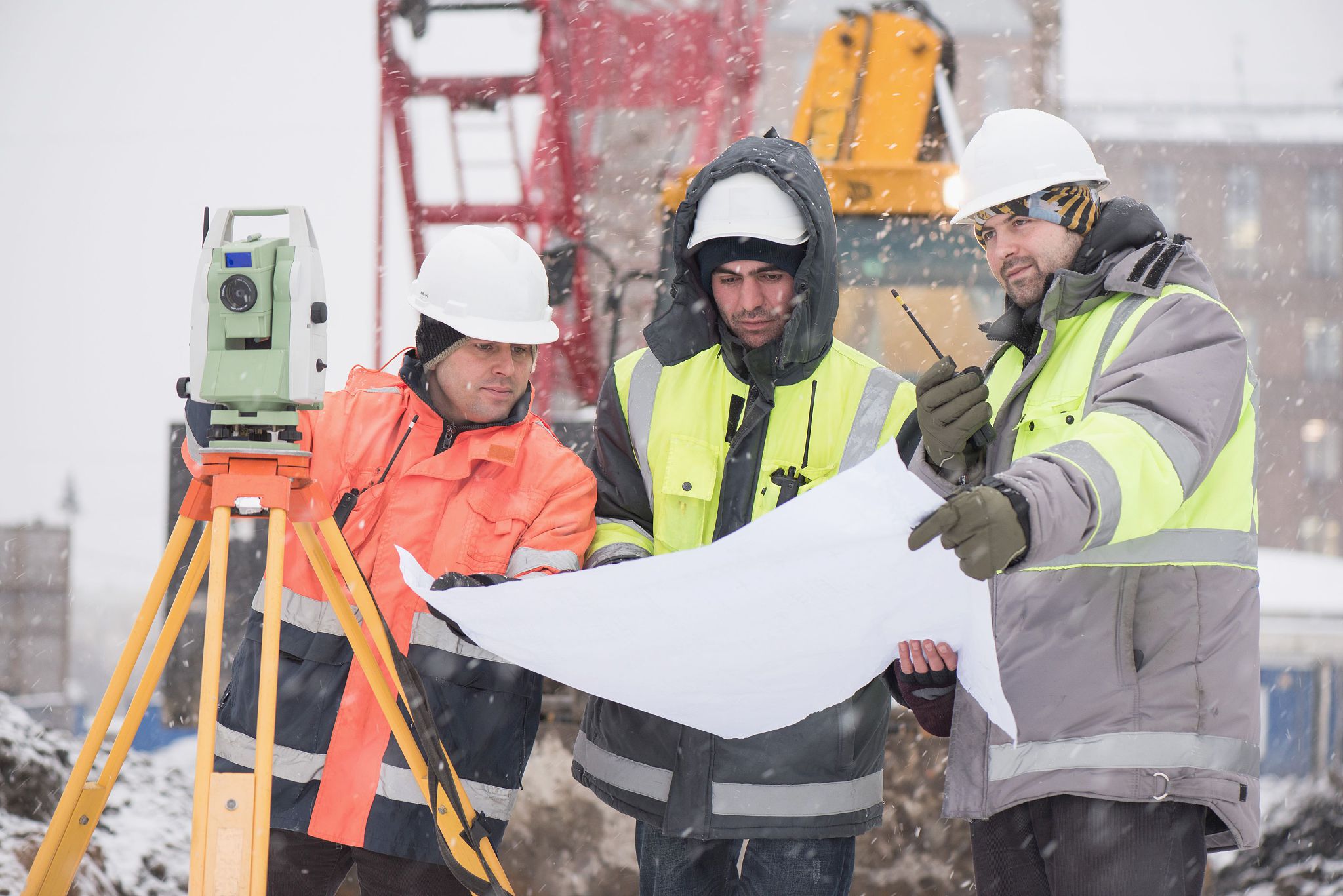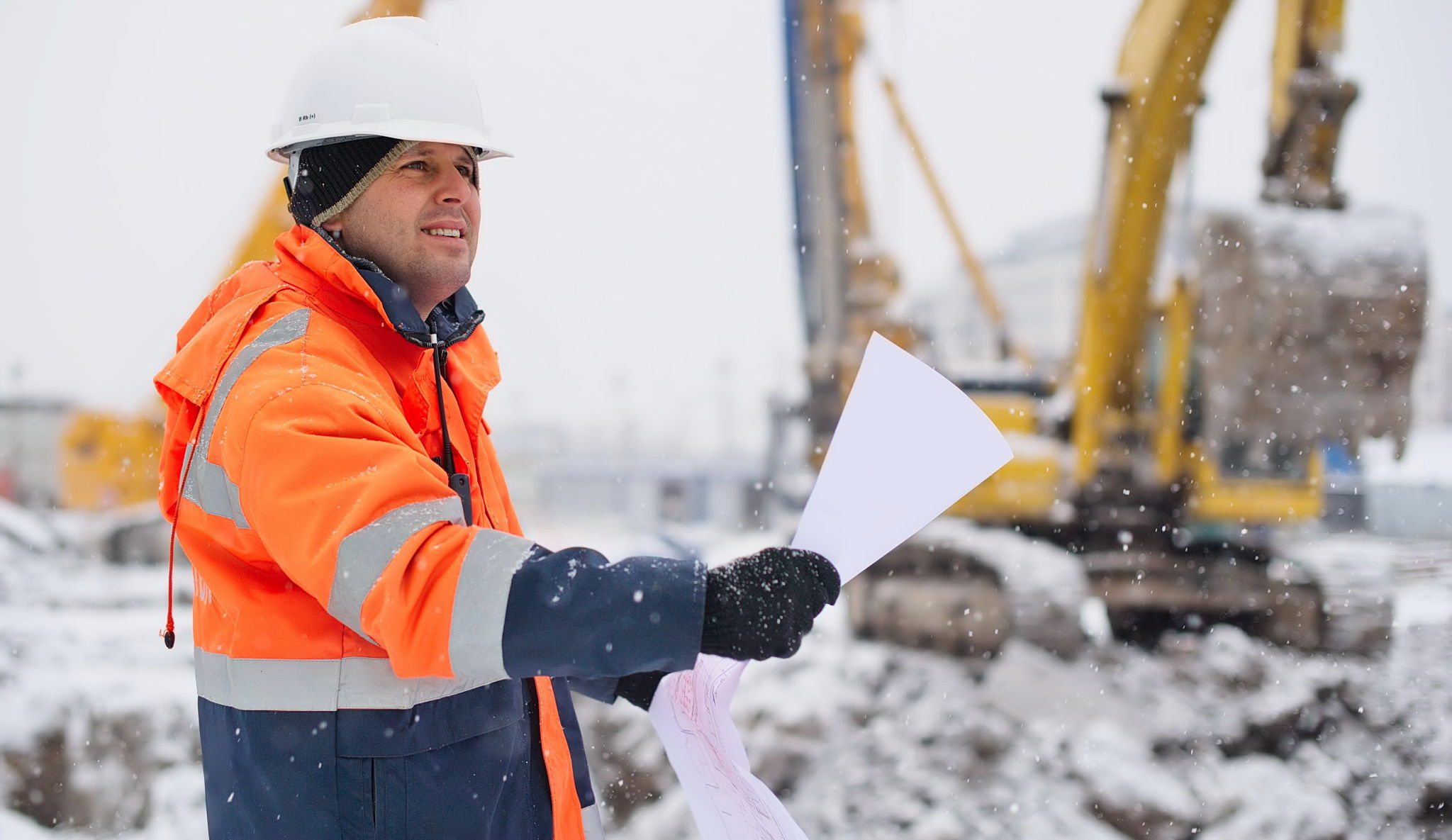The Impact of Seasonal Changes on Construction Projects in the UK
Understanding Seasonal Impacts on Construction
The construction industry in the UK is subject to various challenges, many of which are influenced by the changing seasons. These seasonal changes can significantly impact project timelines, budgets, and safety measures. Understanding these impacts is crucial for developers, contractors, and stakeholders to ensure the smooth operation of projects throughout the year.
Each season presents its own set of challenges. For instance, winter often brings cold temperatures and adverse weather, while summer can introduce issues related to heat and humidity. By preparing for these conditions, construction teams can mitigate potential problems and maintain productivity.

Winter: Challenges and Considerations
Winter is perhaps the most challenging season for construction projects in the UK. The cold temperatures can affect both workers and materials. For example, concrete may take longer to set in colder weather, potentially delaying project timelines. Moreover, snow and ice can make construction sites hazardous, necessitating additional safety measures.
To combat these issues, many construction companies implement winterization strategies. This includes using insulated blankets for concrete curing and ensuring that all machinery and equipment are winter-ready. Additionally, scheduling flexibility can help accommodate unexpected weather delays.
Safety Measures During Winter
Ensuring worker safety during the winter months is paramount. Construction sites must be equipped with proper lighting to counteract shorter daylight hours. It's also essential to provide workers with appropriate clothing and gear to protect them from the harsh elements.

Spring: A Period of Transition
Spring offers a reprieve from the harsh winter conditions, but it brings its own set of challenges. The thawing of snow and ice can lead to wet and muddy conditions on construction sites. This can hinder the movement of machinery and cause delays in project timelines.
Moreover, springtime often brings increased rainfall, which can lead to flooding. It's essential for construction teams to have plans in place to manage water on-site effectively. This may include installing proper drainage systems and scheduling work around weather forecasts.
Adapting to Spring Conditions
To adapt to spring conditions, construction managers often focus on site preparation. Ensuring that the ground is properly graded and that drainage systems are functional can help mitigate the effects of spring weather. Additionally, maintaining open communication with suppliers can prevent material shortages that might arise from unexpected delays.

Summer: Heat and Productivity
While summer provides longer daylight hours and more predictable weather patterns, it also introduces challenges related to heat. High temperatures can affect both worker productivity and material integrity. For example, asphalt may become too pliable in extreme heat, complicating road paving projects.
To combat heat-related issues, construction companies often schedule work during cooler parts of the day, such as early mornings or late afternoons. Providing adequate hydration and rest breaks for workers is also crucial to maintain safety and productivity.
Benefits of Summer Construction
Despite its challenges, summer is often considered the ideal season for construction projects due to its stability and predictability. With fewer weather-related disruptions, project timelines can be more easily managed. This allows for a focus on completing tasks efficiently and effectively.
